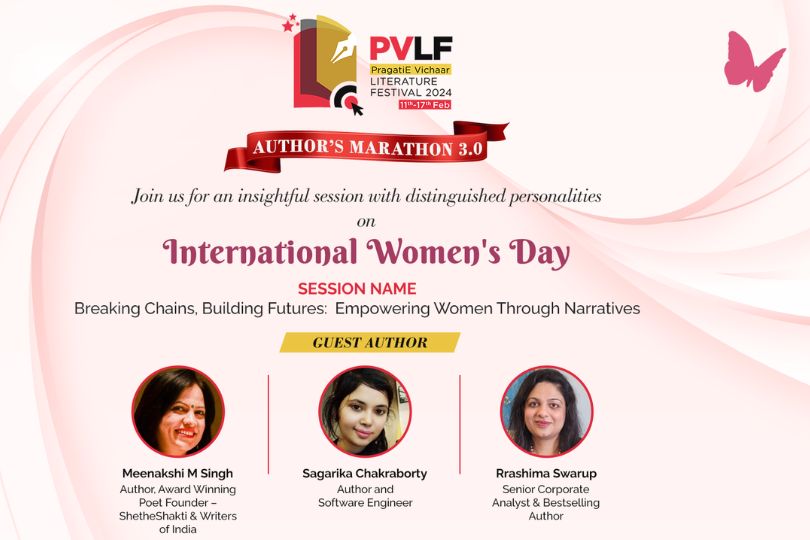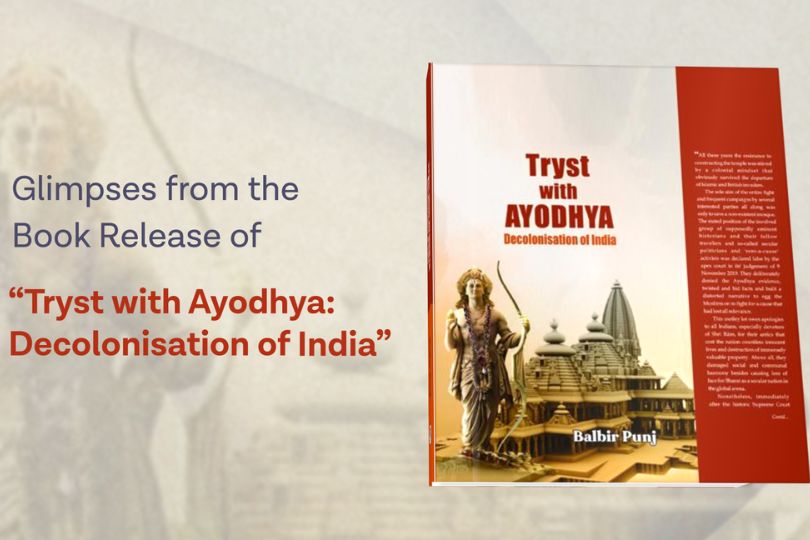Apart from this, the details of the crime for which he was earlier accused as well as his personal details were printed in the bail order. Moreover, he noticed that the filing details of the crime, as specified in the bail order, were erroneous.
Describing the experience as traumatic, especially because the search result displayed his name, father’s name, address, and a wrong crime number, the petitioner has stated that the same infringes upon his right to privacy.
The petitioner moved the Kerala High against Google Inc. for the search result and Indian Kanoon for carrying the bail order with the petitioner’s personal information, after a grievance presented to Indian Kanoon's database is stated to have recieved no response.
The petitioner states, “even if a Law Reporter has the right to publish court judgments, their right does not extend to show a summary of past criminal records in a google search.
Suggesting that the popular judgment database could deindex the particular bail order from the search result, the petitioner has sought a recognition of his right to be forgotten as a facet of the right to privacy.
Indian Kanoon’s counter affidavit describes the petition as contrary to and in complete ignorance of the law of privacy in India, especially when the law allows publication of matters that are public record, including court records and orders of courts and tribunals.
Relying on R Rajagopal v. State of Tamil Nadu, Indian Kanoon additionally assails the correctness of the proposition raised by the petitioner that Rajagopal would have to be given a rethink in light of the Supreme Court’s ruling in KS Puttaswamy v. Union of India.
Stating that the Puttaswamy judgment explicitly referred to and endorsed Rajagopal in several paragraphs, Indian Kanoon avers that the right to privacy cannot be used to prevent the publication of court orders.
It is additionally asserted that the publication of a court order can be prevented only in pursuance of a court order if the Court found the order to interfere with the administration of justice.
Another instance by which a Court order could be redacted if a statutory provision barred the publication of these orders, Indian Kanoon submits in its counter. For these reasons the database refrains from publishing the identities of victims of sexual violence on its database, in light of the statutory bar in Section 228A of the Indian Penal Code, it is explained.
However, it is pointed out,
The present case does not come within the scope of such an exception and the Petitioner is seeking to restrict the right of people to know about judicial orders and proceedings, without a statutory basis, which should be denied.”
Asserting that the website had responded to the petitioner's representations earlier, Indian Kanoon queries why the Court responsible for the order had not been approached to redact/ correct the petitioner’s details.
The petitioner’s suggestion to delink/de-index the court order from the website has been described as a restriction on the right to free speech and expression, not backed by any statute.
Terming the proceedings as an abuse of process, the judgment database seeks the dismissal of the petition.
Advocates Santhosh Mathew, Anil Sebastian Pulickel, and lawyers associated with Internet Freedom Foundation represent Indian Kanoon in the proceedings.


.jpg)







.jpg)
.jpeg)
.jpg)
.jpg)















Sorry! No comment found for this post.